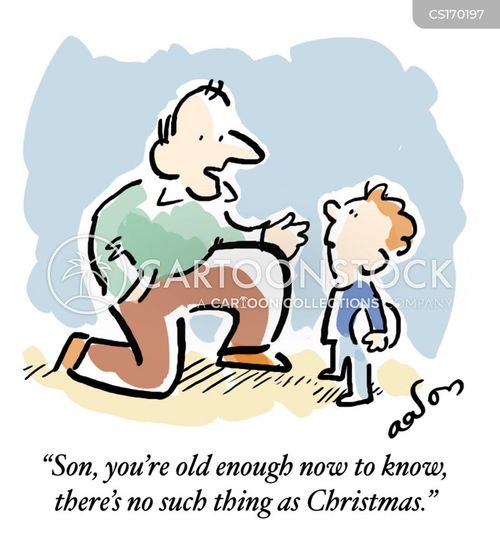|
|
Post by Zadkiel on Feb 21, 2016 14:12:05 GMT
A recent academic study, published in the journal Cognitive Science, analysed the way children respond to different stories, including religious tales. After conducting two experiments on 66 children aged five or six, the authors found a big difference in the responses of children that had been exposed to religion (either through church or religious schooling) versus those who had not. The "religious" children were not only more willing to accept supernatural stories in a religious context, but they were also more willing to believe purely fictional narratives. Children are extremely good at discerning what their parents, teachers and other significant adults actually believe; and by what principles they live. When an adult tries teaching children something that he/she does not actually believe, the children sense that hypocrisy quickly. The reverse is also true. If grown-ups can make an honest distinction between statements that are real, pretend and "not necessarily real but still deeply meaningful"; and live in the light of that distinction, then children will get the point too.  |
|


